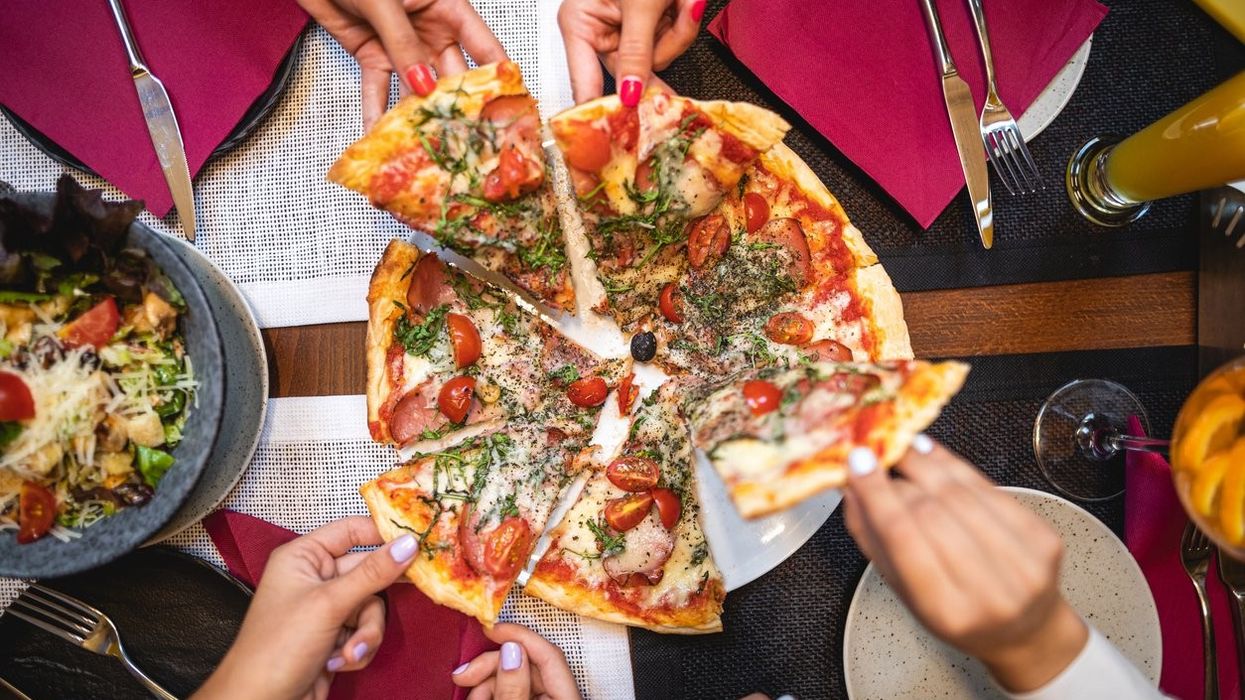Traditional foods and meals created from fresh and minimally processed components are gradually being replaced by ultra-processed foods (UPFs), ready-to-eat or heat industrial formulations made with substances taken from foods or synthesised in laboratories, recent research has revealed.
The study in the American Journal of Preventive Medicine, published by Elsevier, has found that increased consumption of these foods was associated with more than 10% of all-cause premature, preventable deaths in Brazil in 2019, although Brazilians consume far less of these products than countries with high incomes. "Previous modelling studies have estimated the health and economic burden of critical ingredients, such as sodium, sugar and trans fats, and specific foods or drinks, such as sugar-sweetened beverages," explained lead investigator Eduardo A.F. Nilson, ScD, Center for Epidemiological Research in Nutrition and Health, University of Sao Paulo, and Oswaldo Cruz Foundation, Brazil.
"To our knowledge, no study to date has estimated the potential impact of UPFs on premature deaths. Knowing the deaths attributable to the consumption of these foods and modeling how changes in dietary patterns can support more effective food policies might prevent disease and premature deaths."
Dr. Nilson and his colleagues modeled data from nationally representative dietary surveys to estimate baseline intakes of UPFs by sex- and age-group. Statistical analyses were used to estimate the proportion of total deaths that were attributable to the consumption of UPFs and the impact of reducing intake of UPFs by 10%, 20%, and 50% within those age groups, using data from 2019.
Across all age groups and sex strata, consumption of UPFs ranged from 13% to 21% of total food intake in Brazil during the period studied. A total of 541,260 adults aged 30 to 69 died prematurely in 2019, of whom 261,061 were from preventable, noncommunicable diseases. The model found that approximately 57,000 deaths that year could be attributed to the consumption of UPFs, which corresponded to 10.5% of all premature deaths and 21.8% of all deaths from preventable noncommunicable diseases in adults aged 30 to 69.
The investigators suggested that in high income countries such as the United States, Canada, the UK, and Australia, where UPFs account for more than half of total caloric intake, the estimated impact would be even higher.
Dr. Nilson noted that UPFs have steadily replaced the consumption of traditional whole foods, such as rice and beans, over time in Brazil. Reducing the consumption of UPFs and promoting healthier food choices may require multiple interventions and public health measures, such as fiscal and regulatory policies, changing food environments, strengthening the implementation of food-based dietary guidelines, and improving consumer knowledge, attitudes, and behavior.
Reducing consumption of UPFs by 10% to 50% could potentially prevent approximately 5,900 to 29,300 premature deaths in Brazil each year.
"Consumption of UPFs is associated with many disease outcomes, such as obesity, cardiovascular disease, diabetes, some cancers, and other diseases, and it represents a significant cause of preventable and premature deaths among Brazilian adults," said Dr. Nilson. "Even reducing consumption of UPFs to the levels of just a decade ago would reduce associated premature deaths by 21%. Policies that disincentivize the consumption of UPFs are urgently needed."
Having a tool to estimate the deaths attributable to consumption of UPFs can help countries estimate the burden of dietary changes related to the industrial processing of food and design more effective food policy options to promote healthier food environments.
Examples of UPFs are prepackaged soups, sauces, frozen pizza, ready-to-eat meals, hot dogs, sausages, sodas, ice cream, and store-bought cookies, cakes, candies, and doughnuts.
(ANI)




